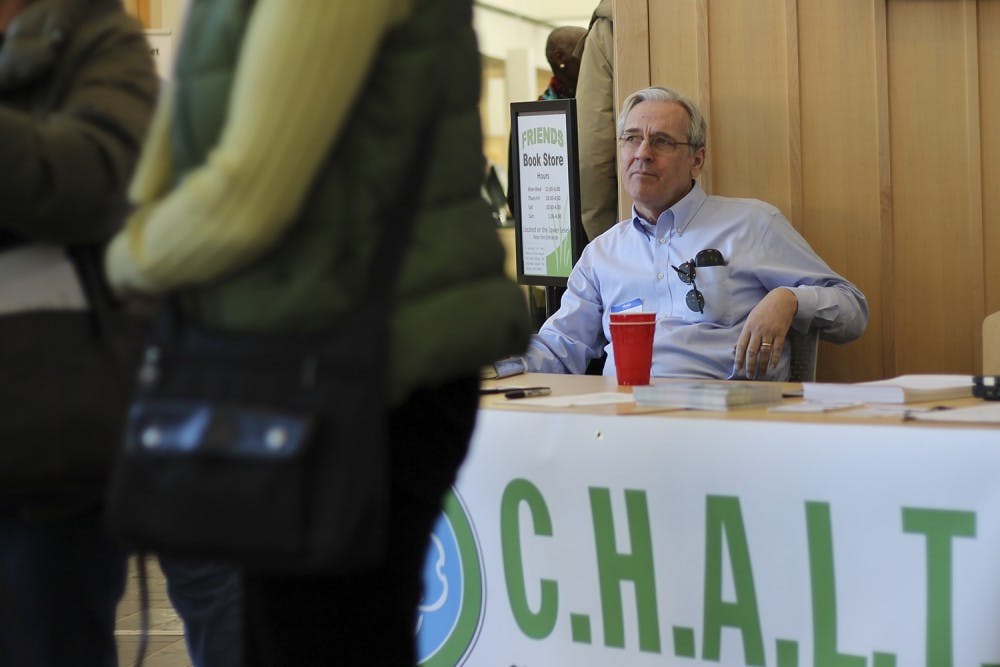The Chapel Hill Alliance for a Livable Town, also known as CHALT, met at the Chapel Hill Public Library to hold the “What Makes Chapel Hill a Livable Town?” forum. The program was open to the entire community.
The recently-formed organization is calling for a halt in the growing developments that they believe are threatening the benefits of the whole community. Instead, the group called for developments that preserve the town’s natural beauty.
While voicing concerns about the large-scale developments that are occurring in Chapel Hill, some CHALT members feel that developments can be created to retain the college town character, instead of becoming a development filled with impersonal high rises.
“I think that having student housing near the university is a good thing because there’s a lot of students that can’t live in town because there is not enough housing for them,” Brian Wittmayer, a CHALT member and part of the town’s planning commission, said. “I think we can do it in a much better way that is more sympathetic to the surrounding community that would actually create a much more vibrant and inclusive environment for the students as well.”
Another CHALT member, Janet Smith, promoted redeveloping The Shops at Eastgate into an area that would incorporate Booker Creek into a multi-purpose gathering center with a grass amphitheater that would help solve flooding problems, without having giant buildings right on the edge of the street.
“Ultimately Eastgate is going to be demolished,” she said. “We have put lipstick on this pig for a long time, but it is really a rather old and inefficient shopping center. Everybody loves the stores, but moving forward, it is not viable. Let’s open up Booker Creek through Eastgate, allow it to flood normally. You can still have tall buildings, but set them at a height, scale and distance, that they won’t be affected by flooding.”
In addition to the effects of big development, CHALT’s concerns include solving transportation problems, promoting affordable housing and protecting the town’s assets, including the school system and the environment.
Bonnie Hauser headed the station discussing transportation issues, including the proposed light rail between Duke and UNC and a bus system upgrade. Instead of funneling money into a light rail that took $30 million to plan, Hauser said the town should upgrade its bus systems.



